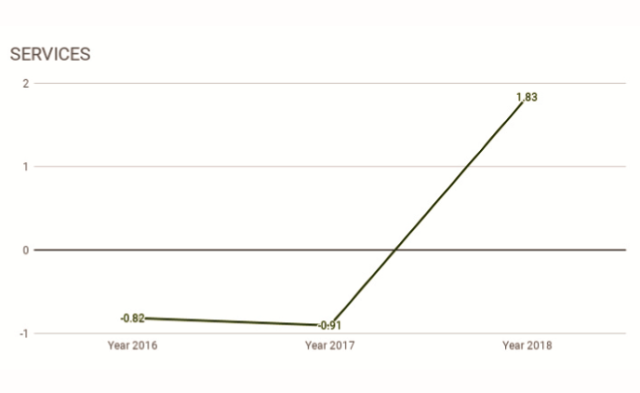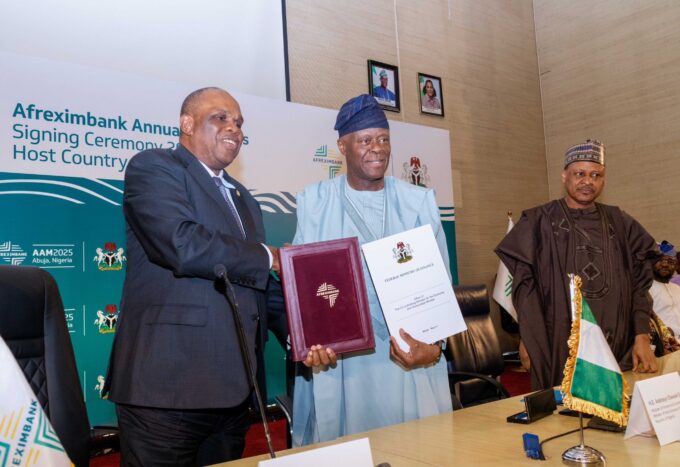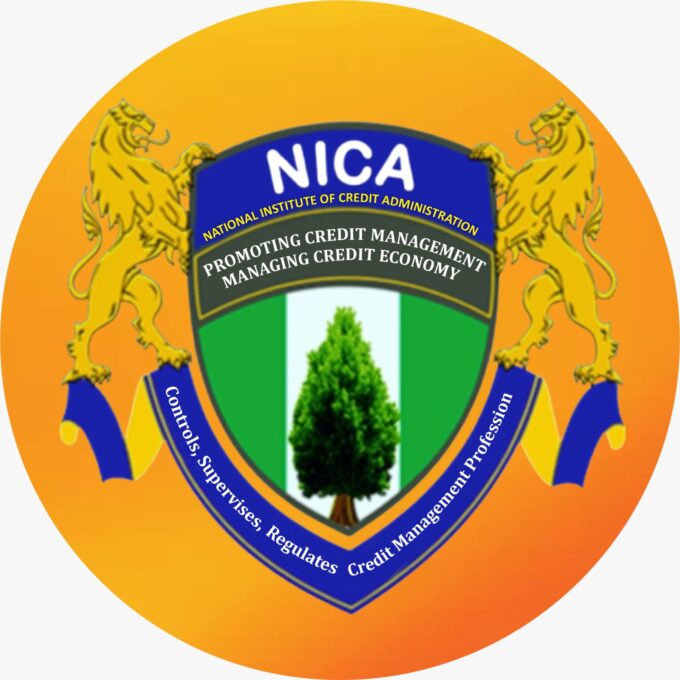The National Bureau of Statistics (NBS), said the services sector of the economy measured by the Gross Domestic Product (GDP) grew by 1.83 per cent in 2018.
The NBS disclosed this in its “GDP Report for the Fourth and Full Year 2018’’ posted on its website.
The bureau said the sector had recorded positive growth as the figures moved from -0.82 per cent in 2016 and -0.91 per cent in 2017 to 1.83 per cent in 2018.
The report showed that the sector had also recorded best performance in 11 quarters from 2016 to 2018.
Some of the services sectors are construction, transport and storage, Information and communication, Art, Entertainment and Recreation, and electricity supply.
They also include water supply, waste management, accommodation and food services, financial and insurance as well as health and social services.
For instance, the construction sector grew by 58.51 per cent in fourth quarter, 2018 in nominal terms.
These figures reflected an increase of 39.26 per cent points when compared to the growth rate of 19.25 per cent that was recorded in fourth quarter of 2017.
It also showed an increase of 5.84 per cent points when compared to its growth rate in the preceding quarter.
Quarter on quarter, nominal growth in this sector was 26.41 per cent, while for 2018, nominal growth rate was 40.85 per cent.
Furthermore, the sector contributed 5.03 per cent to nominal GDP in fourth quarter, 2018, which was higher than both the 3.58 per cent contribution 2017 and the 4.20 per cent contribution recorded in third quarter, 2018.
On an annual basis, nominal contribution to GDP in 2018 also improved (4.72 per cent), compared to 2017 (3.77 per cent).
Overall, the sector’s contribution to real GDP in fourth quarter, 2018 remained relatively unchanged (3.48 per cent) compared to 2017 (3.49 per cent), but higher than in the preceding quarter (3.01 per cent).
The sector’s contribution to total real GDP in 2018 also remained relatively stable at 3.73 per cent compared to 2017.
Meanwhile, the transport and storage sector’s contribution to real GDP in fourth quarter, 2018 was 1.46 per cent and 1.37 per cent for the whole of 2018, road transport being the dominant activity (85 per cent).
Six activities made up the Transportation and Storage sector: road, rail and pipelines, water air transport, transport services; and post and courier service.
In real terms, the Information and Communication sector recorded a growth rate of 13.20 per cent in fourth quarter, 2018, representing an increase of 14.65 per cent points when compared to fourth quarter, 2017.
Quarter on quarter, the sector exhibited a real GDP growth rate of 23.75 per cent. For 2018, real GDP growth rate stood at 9.65 per cent.
By contribution to the economy, the sector accounted for 12.40 per cent of total real GDP in fourth quarter, 2018 and 12.22 per cent of total real GDP in 2018.
Also, Arts, Entertainment and Recreation sector grew by 5.06 per cent in fourth quarter, 2018 in nominal terms.
This represented an increase of 1.51 per cent points relative to the preceding quarter and an increase of 0.89 per cent points relative to the preceding year.
Annual growth in nominal terms was 3.06 per cent in 2018, a decline from 9.07 per cent recorded in 2017.
By contribution, the activity accounted for 0.18 per cent of nominal GDP in fourth quarter, 2018 and 0.21 per cent of total annual nominal GDP in 2018.
In real terms, the activity grew by 4.18 per cent in fourth quarter, 2018 which was higher than the rate recorded in fourth quarter, 2017 and third quarter, 2016.
The rate recorded in fourth quarter 2017 was 0.64 per cent points higher and the rate recorded in third quarter, 2018 was 1.35 per cent points higher.
On an annual basis, real GDP growth rate was slower for the activity in 2018 at 2.53 per cent compared to 4.13 per cent recorded in 2017.
Arts, Entertainment and Recreation contributed 0.20 per cent to real GDP in fourth quarter, 2018 and 0.22 per cent for the whole of 2018, remaining relatively stable over the past year.
According to the NBS, the methodologies used in computing the GDP is in line with international standards outlined under the UN Statistics Division (UNSTATS)
Quarterly National Accounts (QNA) are an integrated system of macroeconomic accounts designed to describe the entire system of production in a nation on a quarterly basis.
They provide a picture of the current economic status of an economy on a more frequent basis than Annual National Accounts (ANA).
In providing a reasonable level of detailed information of the economy, QNA allows the government to regularly assess, analyse and monitor economic developments.














